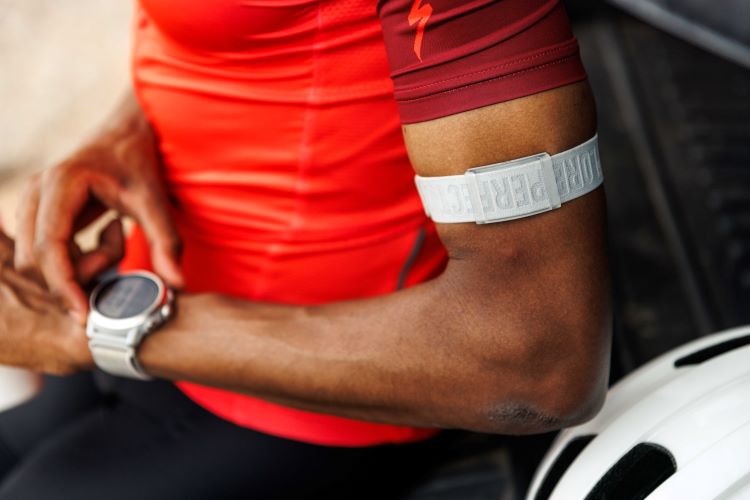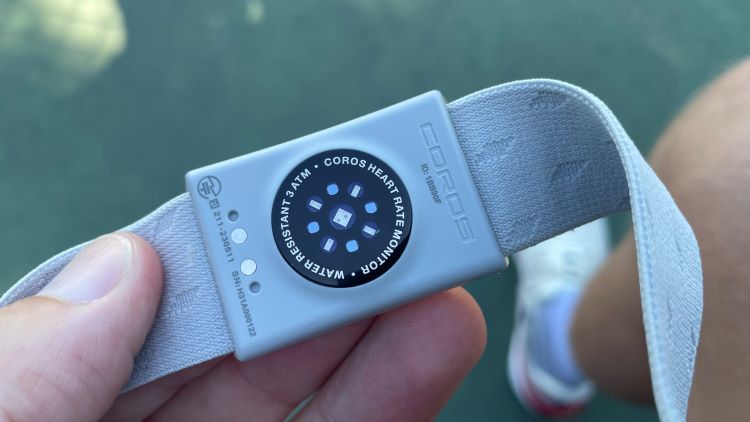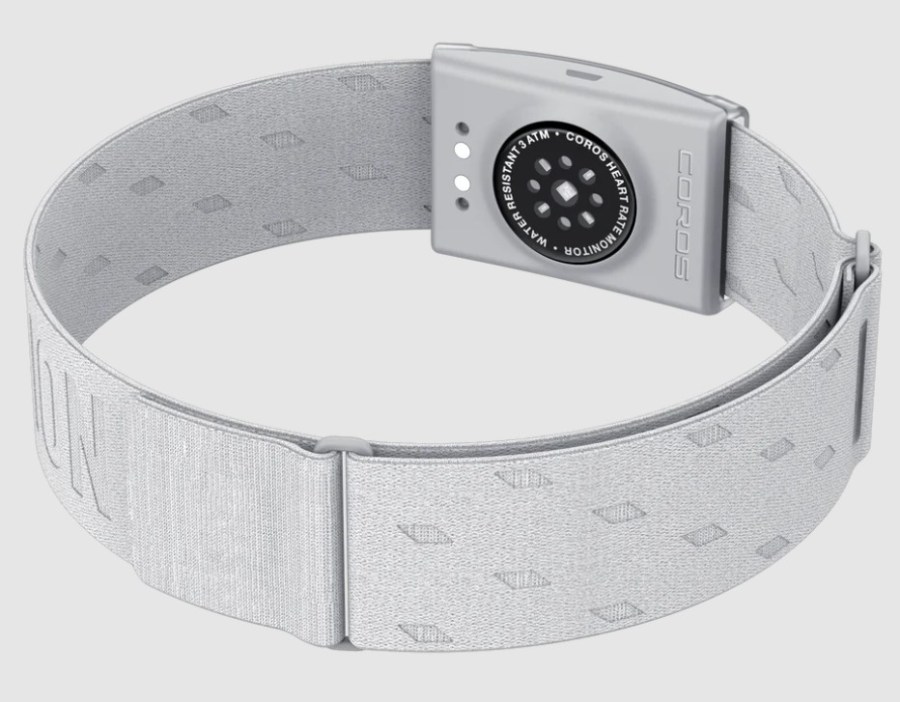The Coros arm-strap heart rate monitor offers an effective alternative to chest straps and matches its pricier rivals beat for beat, says experienced run product tester Kieran Alger.
Offering reliable tracking and a lightweight, comfortable design, the Coros Heart Rate Monitor is one of the best arm strap heart rate monitors on test – you can even connect it to the best rowing machines or exercise bikes. Here’s how it performed.
Men’s Fitness verdict
If you’re looking for a chest strap alternative, the Coros arm-mounted heart rate monitor offers reliable tracking and plenty of comfort at an affordable price.- Automatic wear detection
- Light and comfortable
- Reliable tracking
- No off switch
- No workout storage
Why you can trust Men’s Fitness
We spend hours testing every product or service we review, so you can be sure you’re buying the best. Find out more about how we test

If you’re looking for a heart rate monitor that’s more accurate than your watch’s optical sensor but you’re not a fan of chest straps, the Coros Heart Rate Monitor is a good alternative.
Coros Heart Rate Monitor features
The arm-strap mounted Coros Heart Rate Monitor still uses an optical sensor rather than ECG but it’s built to track your BPM from your bicep. Why the bicep? Well, moving the five-LED, four-photodetector sensors from your wrist closer to your heart can boost accuracy. They’re also less prone to rogue readings caused by movement than your regular wrist trackers.
At just 18g with a neat and compact sensor, the Coros HRM is easy to put on. It packs a soft strap that’s adjustable for a comfortable fit and a small velcro tab that locks it firmly in place. The slim sensor is slightly lower profile than rival arm straps, so I found it snagged less on clothes.
Bluetooth connectivity is as good as you’ll get in an arm strap with up to three simultaneous connections. But unfortunately there’s no ANT+ connectivity. Unlike the Polar Verity Sense, despite packing the hardware, it doesn’t currently store workouts either. But that might come in a future firmware update. It is water resistant up to 30 metres, however.
Another neat trick is built-in wear detection that kicks the HRM into action on skin contact. It handily auto pairs with previously paired fitness watches, trainers and apps, too. That all works really well but the downside is that it’ll keep tracking and burning battery until you take it off.

Coros Heart Rate Monitor tracking
There’s no additional tracking smarts like running form metrics, step counting or the bells and whistles you find on pricier chest straps like the Garmin HRM-Pro or the Polar H10.
When it comes battery life, on paper the Coros HRM boasts 38 hours training time and it’s rechargeable via USB dock. That’s slightly longer than its arm-strap rivals like the Polar Verity Sense and Wahoo Tickr Fit (both 30 hours) or the Scosche Rhythm 2.0 (24 hours).
When we were testing the best heart rate monitors, a two-hour run with the Coros HRM burned just 4% of the battery and an hour’s gym workout used just 2%. So you should easily get a month of workouts on a single charge.
Accuracy was generally excellent, too. Up against the Garmin Enduro 2’s optical sensor, the £400 Frontier X2 and the Polar Verity Sense, the Coros clocked the highs, lows and averages within a beat. There were some occasions where it surged high at the start of a workout but it settled quickly.
With a bigger battery life, accuracy that’s up there with the Polar Verity Sense, a fit that’s more comfortable and a decent price tag, the Coros HRM packs plenty of value for the price.






